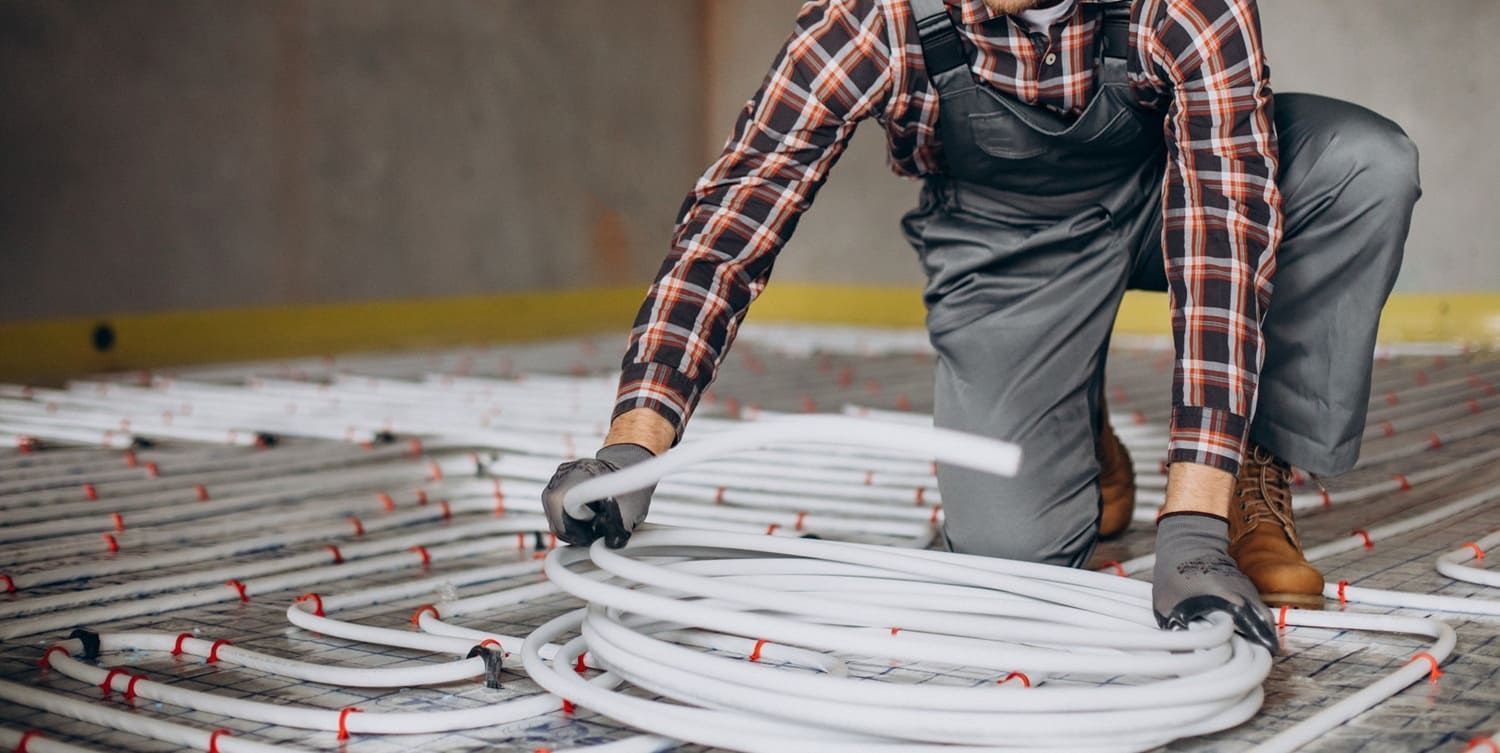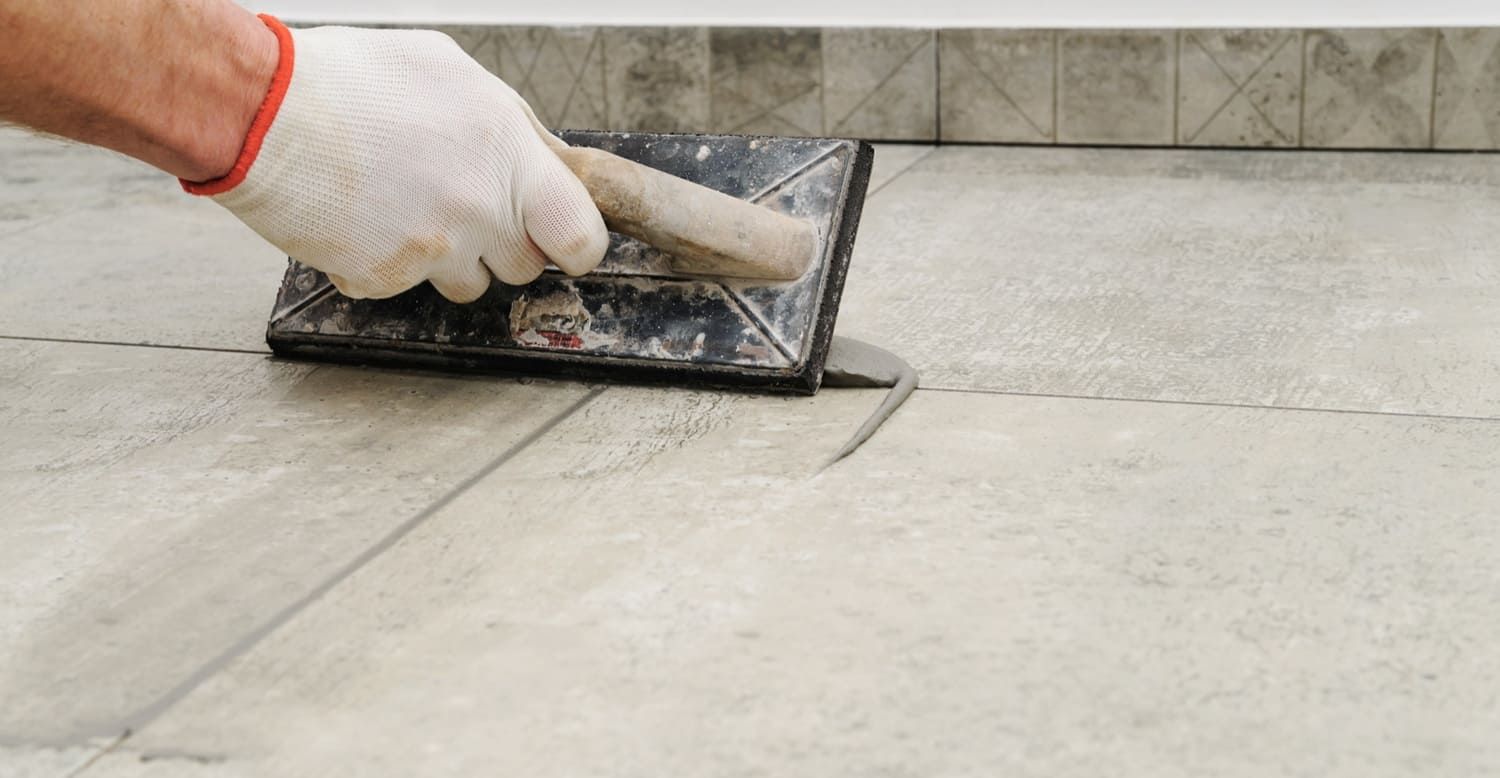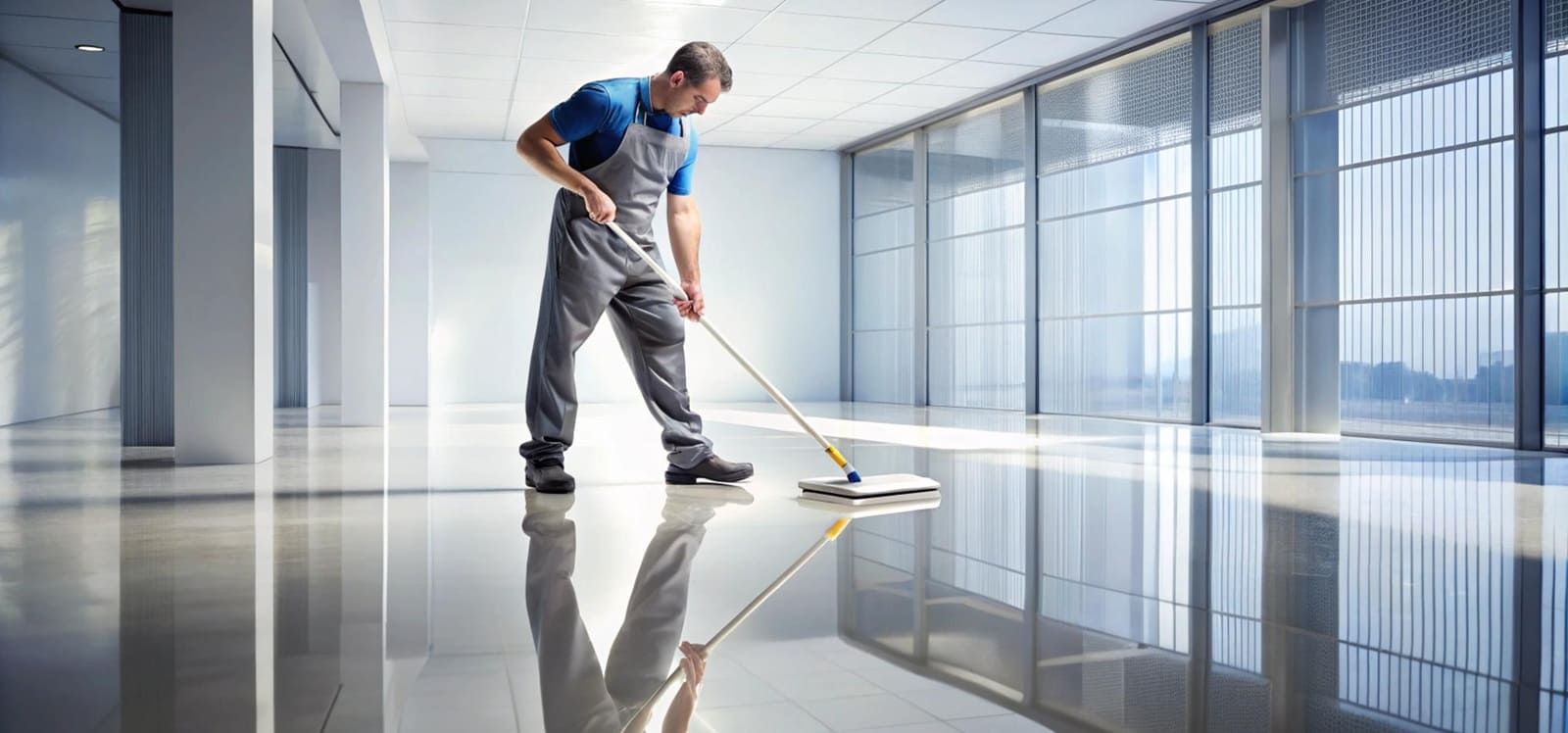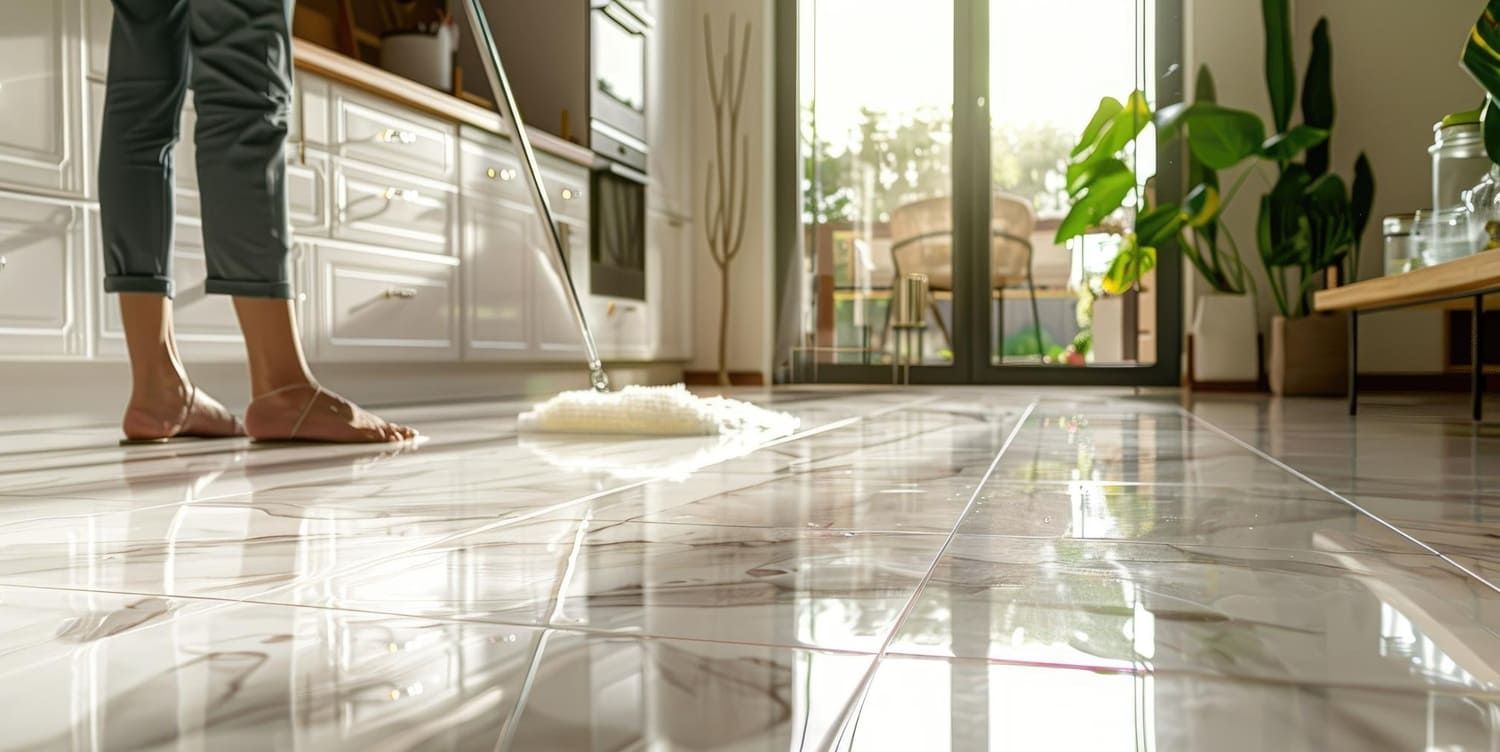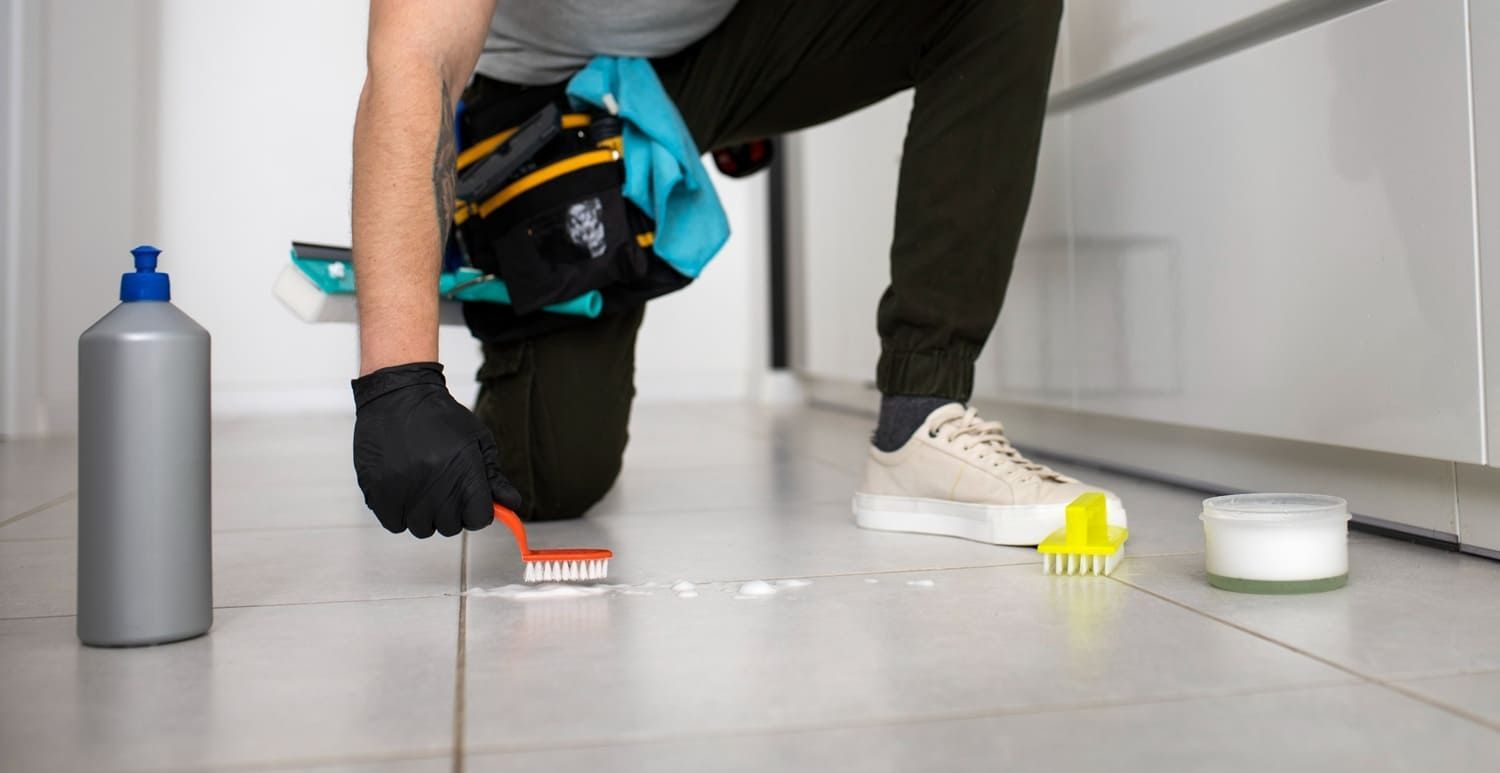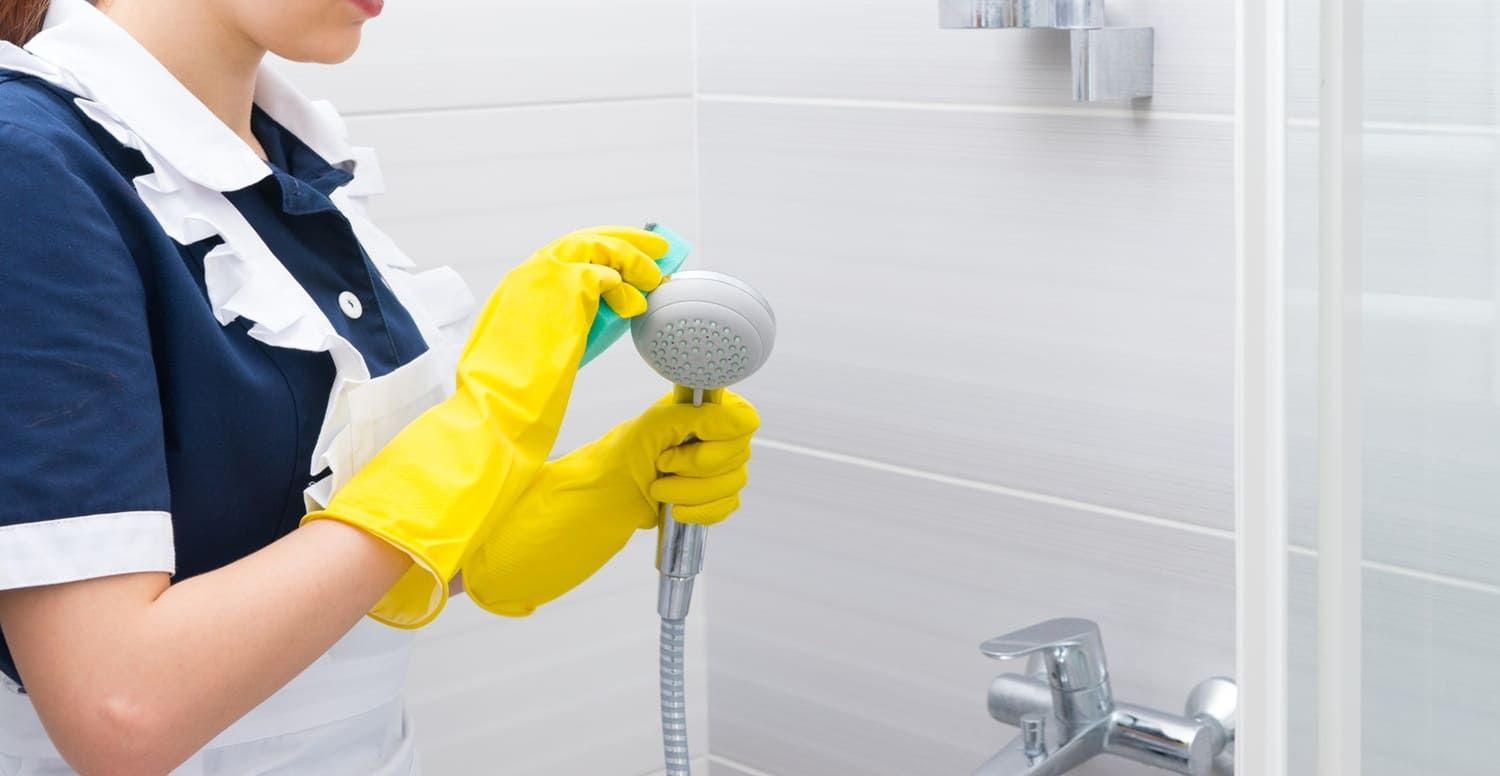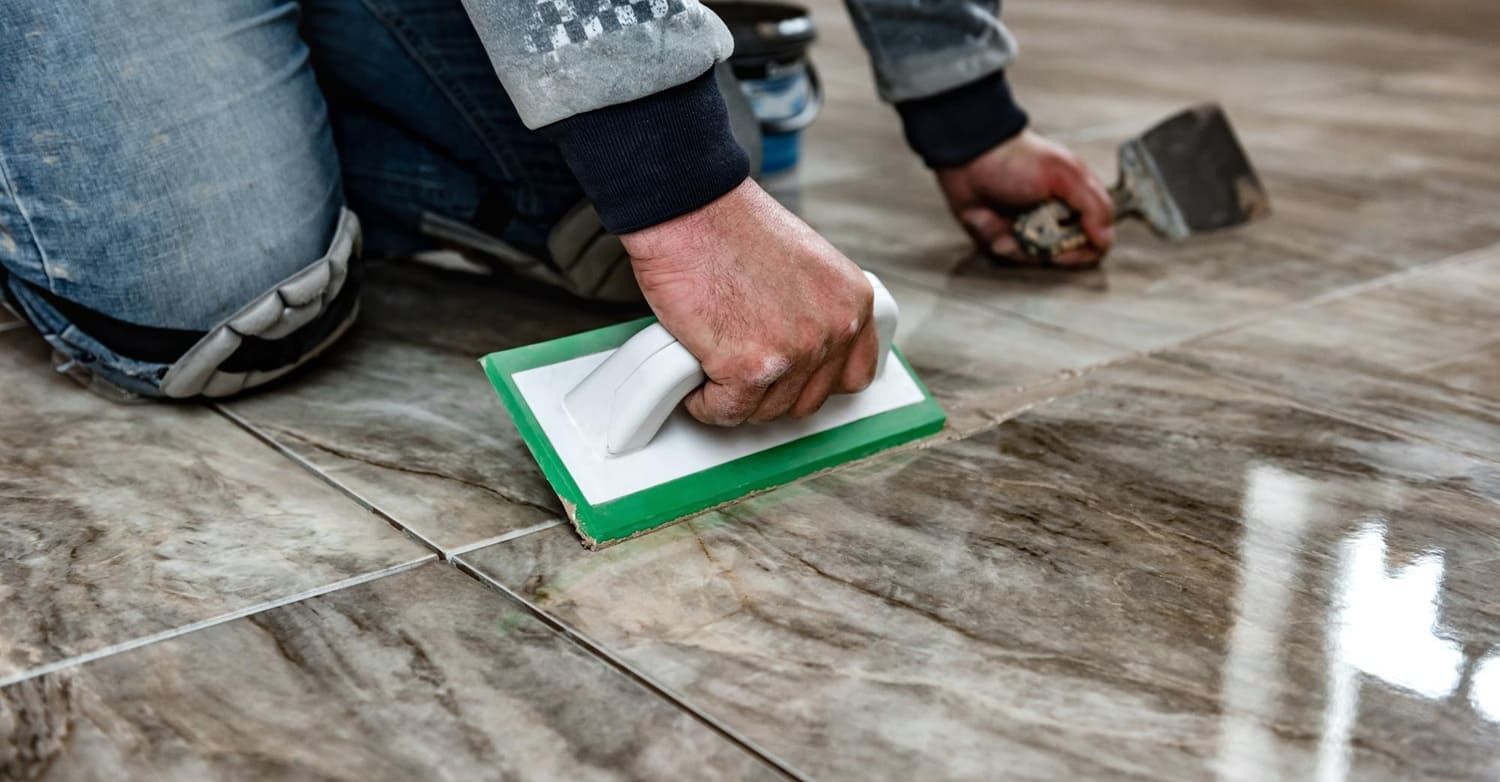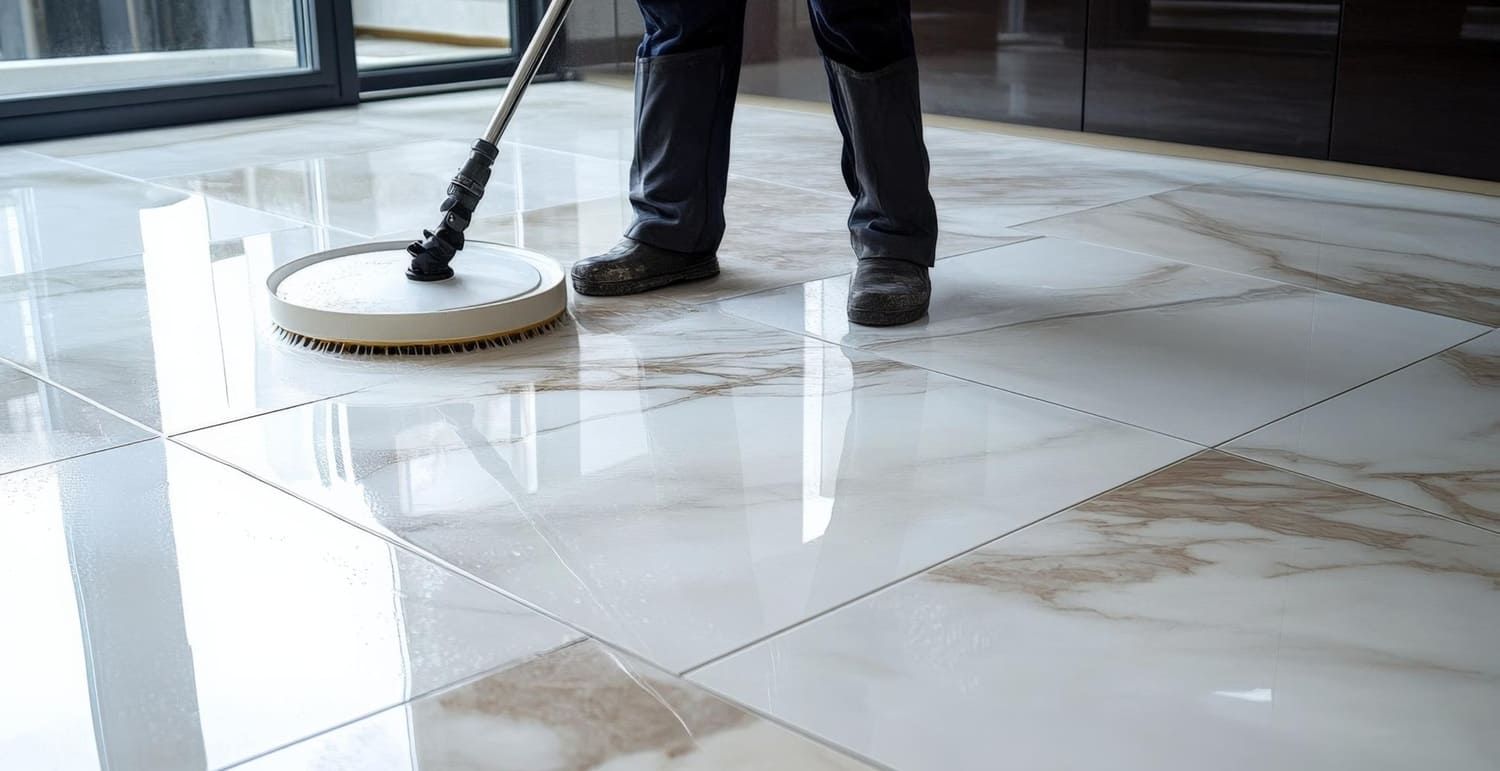7 Tips for Keeping Warehouse Flooring Clean
While warehouse flooring is known to take on a stain or two, it's important to keep flooring maintained and safe for workers. Learn more here.
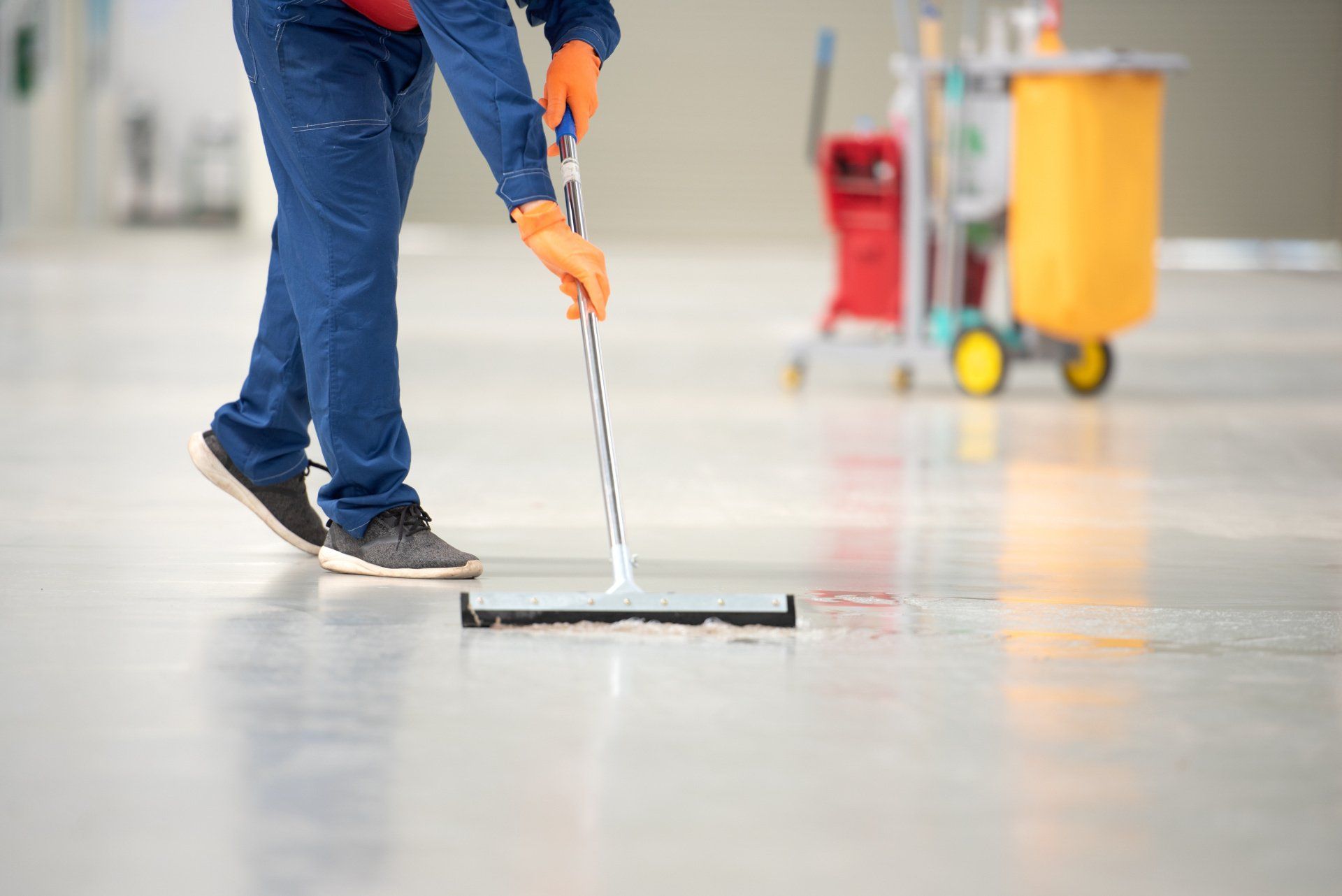
Downtime is the enemy of every business. Did you know that it's estimated that downtime costs $100 billion each year? But how is downtime related to keeping your warehouse flooring clean?
A dirty warehouse is a less productive warehouse. Without regular cleaning, your floors quickly start to slow work down. Worse than that, they become a health hazard, with trips, slips, and falls more likely.
To keep your business productive, you need clean warehouse floors. Let's check out 7 tips that make that possible.
1. Get the Right Equipment
Warehouse floor cleaning isn't rocket science, but having the right equipment makes it easier for everyone.
Start with the basics, including traditional brooms and dustpans. Get a selection of large-sized ones with wide heads, and sturdy versions of more conventionally sized ones. Make sure that there are plenty of them dotted around the facility - more on that later.
Depending on the size of your facility, you'll need to invest in a commercial floor scrubber. There are many varieties, including walk-behind, step-on, and ride-on models.
With a little practice, they are all easy to maneuver. Because they dry the floor behind them, they cause minimal downtime compared with traditional wet mop systems.
Lastly, think about getting the right cleaning chemicals. Think about your facility and the kinds of spills you expect.
There are high-quality general floor cleaners that are pH neutral, and 100% natural. They can help to keep the facility clean without releasing toxins into the atmosphere. These are a great option as they can be diluted for large area use or with a little water for spot treatments.
2. Set a Cleaning Schedule
It's important for janitors and other workers to know the cleaning schedule. Warehouses can be busy 24-hours a day, so the cleaning manager will need to work closely with the warehouse manager.
Try to find the quietest time of the day for thorough cleaning. No time will be perfect - there'll have to be compromise on both sides. But with good communication and planning, it should be possible to find a sweet spot.
Set up a cleaning record that janitors complete each time they have finished a particular task. This allows you to keep the warehouse clean at all times and ensures that jobs don't get missed.
Some companies find it easier to subcontract cleaning to a professional firm. They can procure cleaning chemicals, supply and train staff, and ensure high standards are maintained.
3. Sweep for Success!
Automatic floor cleaning machines are awesome. But they can't replace traditional brooms and dustpans.
For a start, there are places floor scrubbers just can't access. Dust can collect under racking. If it isn't swept out regularly, dust can continually blow onto the freshly cleaned aisles and walkways.
Plus, sweeping first stops scrubbing machines from turning into sanders. If you have a single disc scrubbing machine, then dirt and grit can stick to the scrubbing disc. The scrubber then buffs the floor with grit, often damaging the top surface.
The fact is that as unglamorous as it is, sweeping is still essential. Make sure your janitors wear dust masks, gloves, and eye protection to keep them safe from anything the sweeping process throws up. The more regularly you sweep and scrub the floors, the less of an issue this will be.
4. Create a Cleaning Culture
If your warehouse workers feel that it's not their job to clean, then it's time for a culture change.
When cleaning is left solely to janitors, things get missed fast. Janitors need to stick to their cleaning schedule. They can't be everywhere and they may not be on hand to clean up spills straight away.
If a spill or other debris on the warehouse floor is left, it becomes a safety hazard.
You need to train your workers that it's their responsibility to clean up after themselves. When you instill this culture, you may find that workers become more careful because they don't want the hassle of cleaning!
5. Deal with Spills Immediately
Cleaning up spills is everybody's responsibility, but you need to give them the right tools.
Whenever a new warehouse worker starts, make sure they know how to access the cleaning supplies. They should also know how to seal off an area so that nobody accidentally slips on the spill.
By keeping specialist chemicals to hand, you can promptly deal with oil spills before they do serious damage. This can keep commercial floor maintenance to a minimum, as floors won't have to be refinished as often.
Provide your cleaning crew with training on how to remove floor stains and the right cleaning supplies to get the job done.
6. Arrange Regular Garbage Removal
Trash cans full of garbage in warehouses quickly lead to dirty floors. It's also unsightly and can easily cause trip and fall accidents.
Emptying them regularly should be assigned to an individual worker. A backup should be in place in case they are off sick.
7. Thorough Clean Warehouse Flooring
Cleaning as you go is great, but it's no substitute for regular thorough cleaning.
It's best to do this when the warehouse is quiet and the cleaning crew doesn't have to work around other workers. Thoroughly sweep the area first, including those pesky hard-to-reach areas. Then let the automatic scrubbing machines do their thing.
Make sure that all surfaces are dry and safe to walk on before reopening areas to workers or the public.
Get the Best Supplies for Warehouse Flooring
Keeping warehouse flooring clean is critical to creating a safe working environment for your staff. Happy, healthy staff work more productively and keep the business moving forward. But there's more to commercial floor cleaning than just scrubbing machines.
You need to get the right chemicals for the job. High-quality chemicals that are safe for cleaners and workers alike.
At Advanced Sealers and Cleaners, we supply eco-friendly sealers and cleaners. They'll keep your warehouse flooring sparkling. Contact us today to find out how we can be of service to you.



